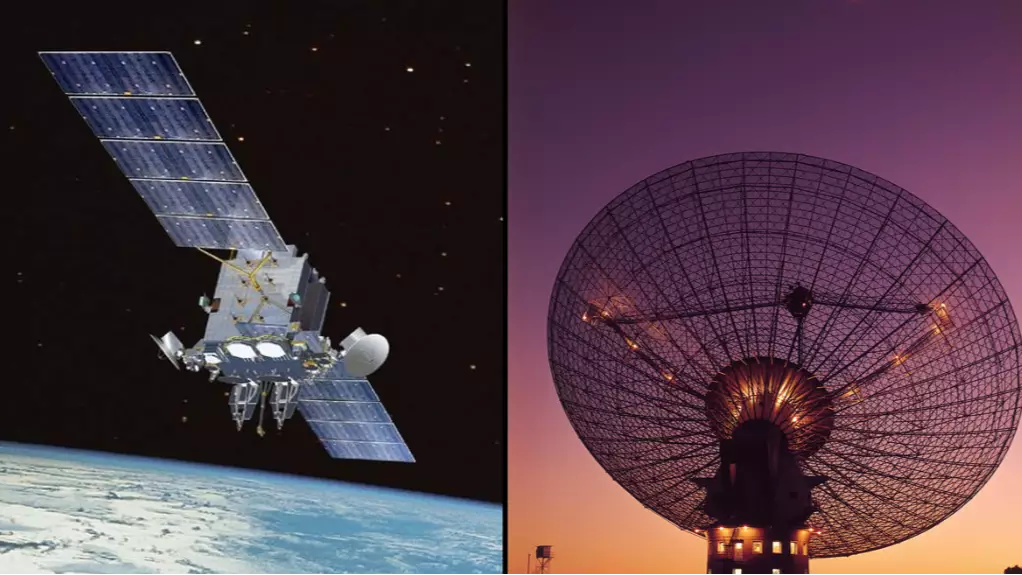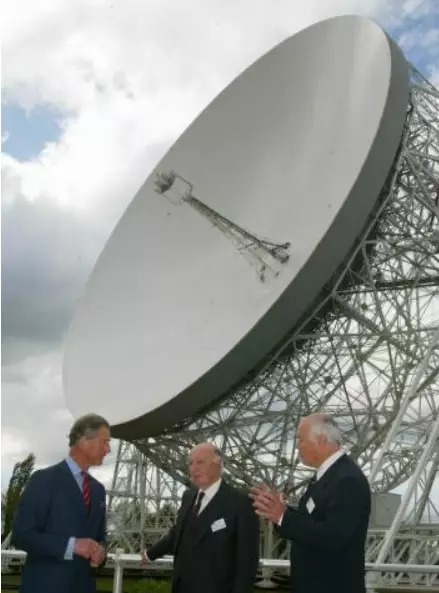
Scientists have reported that radio signals have been received from a galaxy billions of light years away
This is only the second time ever there has been a repeating radio blast from deep in space, adding to the mystery of life in the universe besides our own and adds to the opportunity for scientist to understand what may be in the galaxies beyond ours.
Advert
A number of speculations have been made about what could be causing the radio bursts - with theories ranging from stars exploding to alien life, however, currently, there is little evidence to prove either.
The flashes are very fast, only lasting no more than a millisecond and are flung out with a similar energy it takes our sun 12 months to produce.

Scientists have reported to have seen the new bursts release six times from the same location - in the past only one has ever been repeated.
Advert
Ingrid Stairs, a member of the CHIME team and an astrophysicist at UBC said: "Until now, there was only one known repeating FRB. Knowing that there is another suggests that there could be more out there.
"And with more repeaters and more sources available for study, we may be able to understand these cosmic puzzles-where they're from and what causes them."
In one of the two papers published in Nature researchers said seeing two repeating blasts probably means there exists a "substantial population" and it's very possible humans will find it.

Cherry Ng, an astronomer at the University of Toronto said: "That could mean in some sort of dense clump like a supernova remnant. Or near the central black hole in a galaxy. But it has to be in some special place to give us all the scattering that we see."
Advert
All in all researchers spotted 13 bursts in a three week period.
"Whatever the source of these radio waves is, it's interesting to see how wide a range of frequencies it can produce. There are some models where intrinsically the source can't produce anything below a certain frequency," says team member Arun Naidu of McGill University.
Featured Image Credit: WikiCommonsTopics: World News, UK News, US News